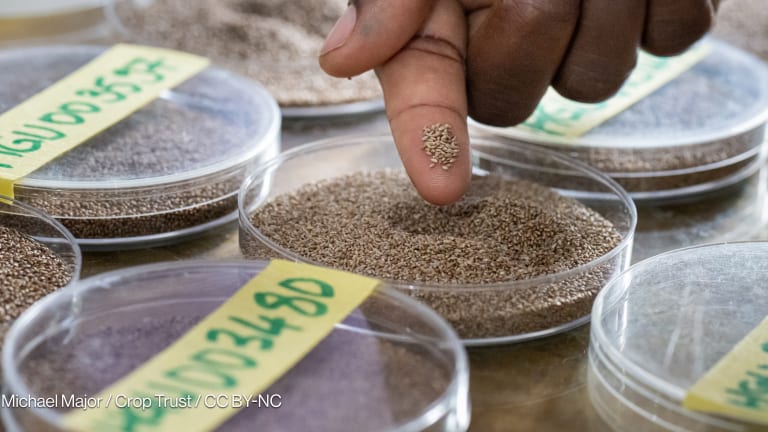The global system is undergoing tectonic shifts that threaten stability and security in many places. The United States and China, as the most dominant powers, are either disengaging or pursuing uncompromising national agendas and showing no interest in the global common good. New multilateral coalitions of the willing are needed to address global challenges such as the dire food crisis.
Continued cuts in development assistance and an increased focus on national interests and security presage a more tumultuous and likely more violent decade ahead. It is therefore crucial to advance the ongoing discussion on a broader and more strategic definition of security. In other words: Now more than ever, the argument must be made loud and clear that investments in development are investments in national security.
While multilateral organizations such as the World Bank or the International Monetary Fund see the impact of geopolitical upheaval as complicating the implementation of many programs, their own comprehensive geopolitical risk assessment, foresight, and policy planning capabilities have not grown commensurately. At the same time, complex crisis scenarios that address the cumulative effects of instability, climate change, human migration, and food security have been informing military and foresight planning for more than a decade.









